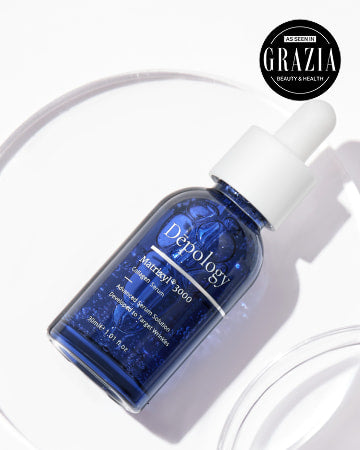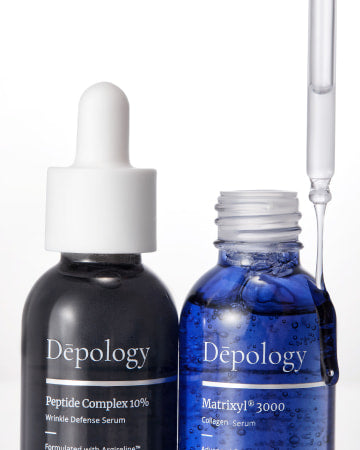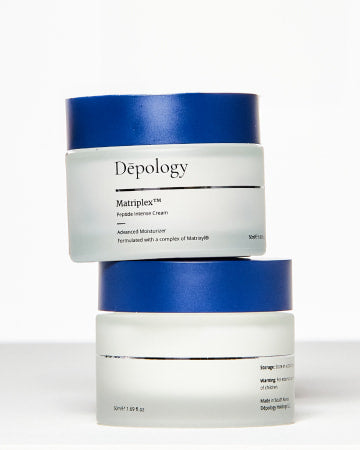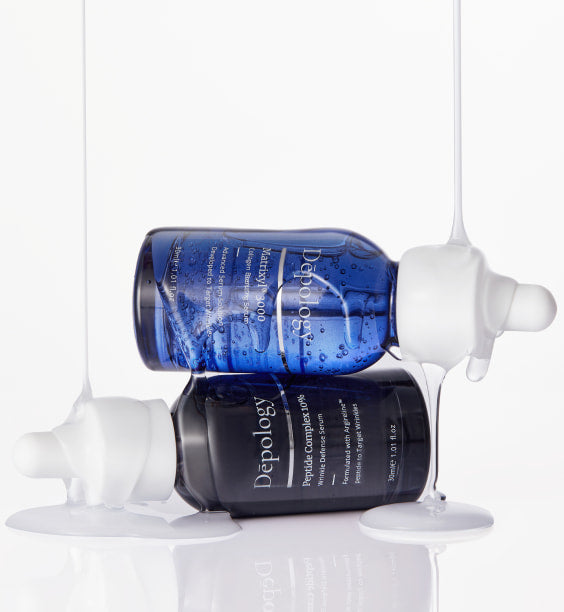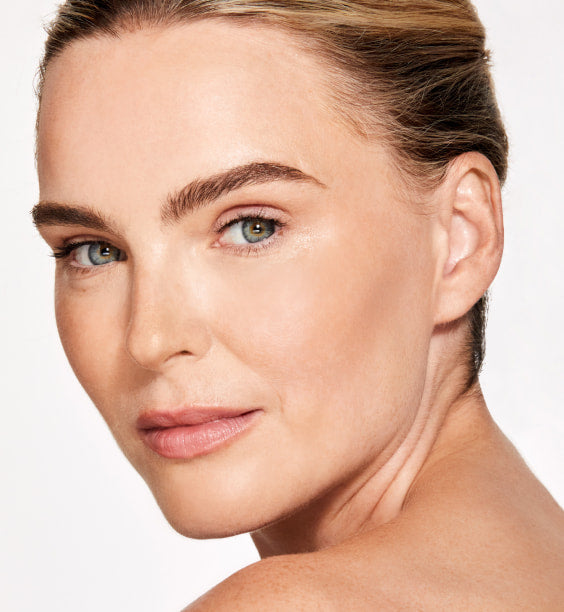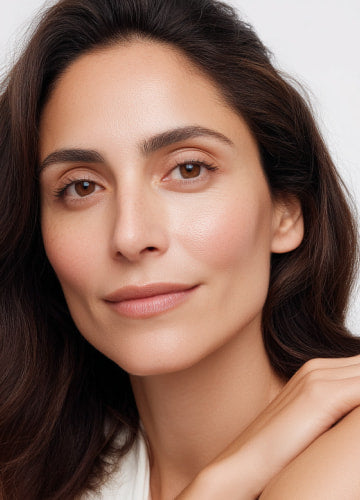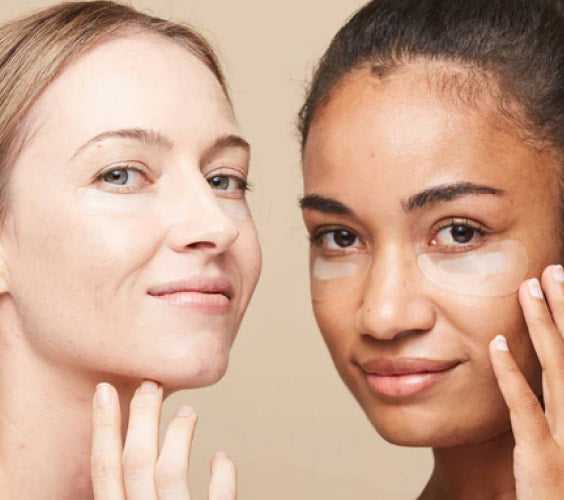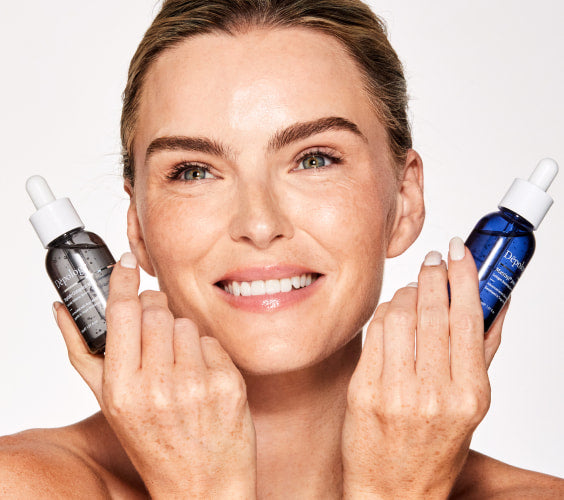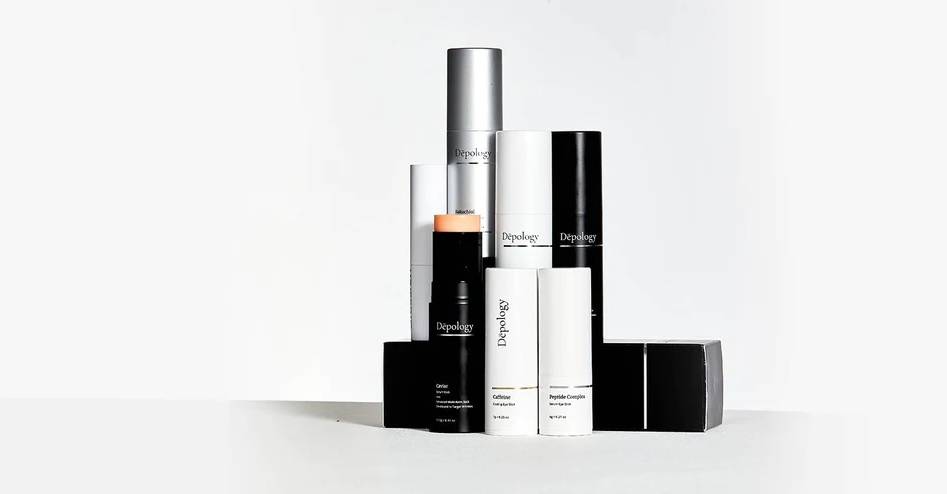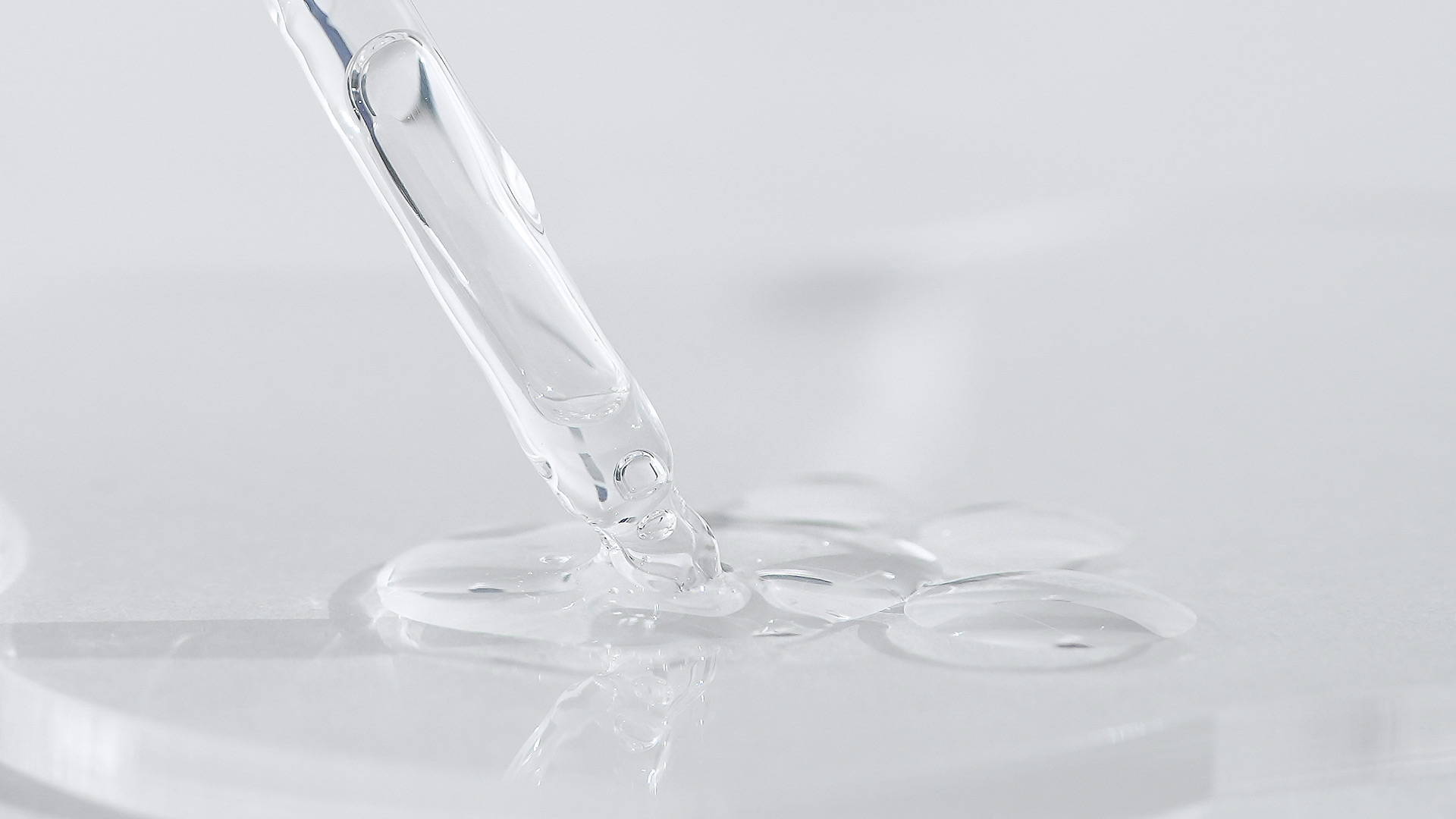
What Are the Benefits of Horse Chestnut?
Benefits of Horse Chestnut
The horse chestnut fruit contains seeds that look similar to the sweet chestnut, although they have a bitter taste. The benefits of these seeds can be taken orally or topically, depending on preference or condition.
Native to the Balkan Peninsula, the seed extract has grown in popularity in the form of dietary supplements, which are known for their ability to improve vein health and reduce inflammation. The main active component in the horse chestnut plant, aescin, is known for its numerous health benefits and is the primary reason for horse chestnut being a resource when it comes to skin and overall health.
While many seek out horse chestnut supplements for chronic venous insufficiency (CVI) relief, several studies continue to be conducted to discover the full potential of the seed extract.
When an area of your body becomes inflamed, it can cause excess fluid build-up in the skin tissues, which can lead to fluid retention and swelling. In general, when using horse chestnut extract, the active substances work to thin the blood, making it more difficult for fluid to leak out of the veins and capillaries. This ultimately prevents further water retention, typically caused by a condition called edema that primarily targets the legs and feet.
Taken both orally or applied topically, the active compound aescin helps to reduce inflammation and swelling related to edema, CVI, injury trauma, surgery, and sports injuries. No matter the cause of the swelling or inflammation, this plant extract should be able to treat your concerns.
Any skincare enthusiast will tell you that antioxidants are your best friend. These powerful compounds work to prevent skin cell damage that is caused by unstable molecules, or “free radicals,” another common term in skincare. These can be a result of many factors, such as air pollution and environmental conditions, but they can also be a result of foods and liquids, such as alcohol and red meats.
When too many free radicals begin to affect the body, it can lead to cell damage, inflammation, and a breakdown of the skin’s protective barrier, leaving you vulnerable to further free radical damage and the sun’s harmful UV rays. Rather than using an aescin product alone, combining the compound with horse chestnut seed extract tends to produce stronger effects due to its synergistic properties.
Another known benefit of horse chestnut’s active ingredient aescin is diminishing the growth of tumor cells. In particular, cancer cells related to the liver, leukemia, and multiple myeloma have seen results when combined with the compound.
While studies have also linked results pertaining to pancreatic and lung cell cancer cells, more research needs to be conducted, in particular on the seed extract itself. Many of the studies that have been performed have solely used concentrated amounts of aescin instead.
The condition most linked to seed extract benefits, chronic venous insufficiency, or CVI, is also the most common form of research linked to the extract. Horse chestnut has even been found to be as effective as compression socks or therapy when treating CVI. This disorder occurs when your legs don’t allow blood to flow back up to the heart. Ordinarily, the valves in your veins work naturally to keep blood flowing to your heart. When these valves are compromised, blood can flow backward, which causes blood to collect in your legs.
Symptoms of CVI often include varicose veins (veins that become twisted or enlarged), pain, fatigue, swelling in the legs, itching, and water retention. When taken orally, horse chestnut can help treat these symptoms. However, it has been known to be less effective for leg swelling and cramps in particular. For these symptoms, maritime pine bark is a better resource.
To relieve symptoms, an oral dose should be taken daily for as long as needed. It should be noted that the vast amount of studies conducted on the benefits of horse chestnut when treating CVI has only been done in short-term cases. Long-term results still need further research.
Hemorrhoids are a common health condition that causes several uncomfortable symptoms. These include itching, irritation, pain, and bleeding in the rectal area. These symptoms are often caused by swollen veins around the anus or rectum.
The anti-inflammatory properties of the active compound found in horse chestnut have been a treatment option for many suffering from hemorrhoids. They may relieve symptoms and reduce inflammation in the affected veins. However, like several other conditions in which horse chestnut is considered for relief, further research needs to be performed in this area.
Unlike hemorrhoids, there has been more research conducted in terms of the correlation between horse chestnut seeds and male infertility. The primary cause of male infertility is varicocele, which is the swelling of the veins from within the loose bag of skin that holds the testicles. When blood begins to collect in the veins rather than be circulated out of the scrotum, varicocele begins to occur.
The active compound aescin in horse chestnut is an effective treatment for male infertility. When taken orally every twelve hours, which was the duration of use conducted in a study, sperm density, motility, and overall quality were improved, and the symptoms of varicocele vastly decreased.
Side Effects of Horse Chestnut
Be careful not to confuse the horse chestnut with aesculus californica (the California buckeye) or aesculus glabra (the Ohio buckeye). These are different species of plants with different side effects than the horse chestnut, as well as different benefits. The California buckeye is known to help with infections, while the Ohio buckeye has been known to help relieve rheumatism and arthritis pains.
It is also advised to never consume horse chestnut seeds raw. These seeds contain a large number of toxins called aesculin, which can result in death if not consumed properly and with the toxins fully removed. You should also never consume the bark, flowers, or leaves from the horse chestnut plant, which can also be deadly.
The standardized seed extracts commonly used for treatment are provided with the toxic components removed. Even so, these options can potentially cause side effects such as nausea, dizziness, and digestive issues. Signs of aesculin (the poison found in the horse chestnut plant) poisoning include vomiting, diarrhea, muscle twitching, and even paralysis.
Horse chestnut may also increase the risk of bruising and bleeding in those with bleeding disorders. You should avoid horse chestnut extract if you have or use any of the following:
- Liver condition
- Bowel/stomach disorders such as irritable bowel syndrome (IBS)
- Anticoagulant/antiplatelet drugs
- Latex allergies
- Diabetes medication
- Medications used to treat psychiatric disorders, such as lithium
If you are pregnant or breastfeeding, it’s better to play it safe when it comes to horse chestnut extract. Many of the effects in both stages are still unclear and more research needs to be done on this remedy.
Conclusion
Horse chestnut seed extract can be commonly found in pharmacies and online. They come in many variations, such as liquid drops, tablets, creams, and essential oils. You should always follow dosing instructions to avoid any unwanted side effects or health risks from horse chestnut. Before seeking out the extract, you may even consult with your primary physician to get their opinion on the benefits and risks in relation to your needs.
Though more studies need to be completed to discover the full benefits of the horse chestnut seed, there’s no doubt in researchers’ minds that there are more powerful medicinal and skincare advantages awaiting users.


